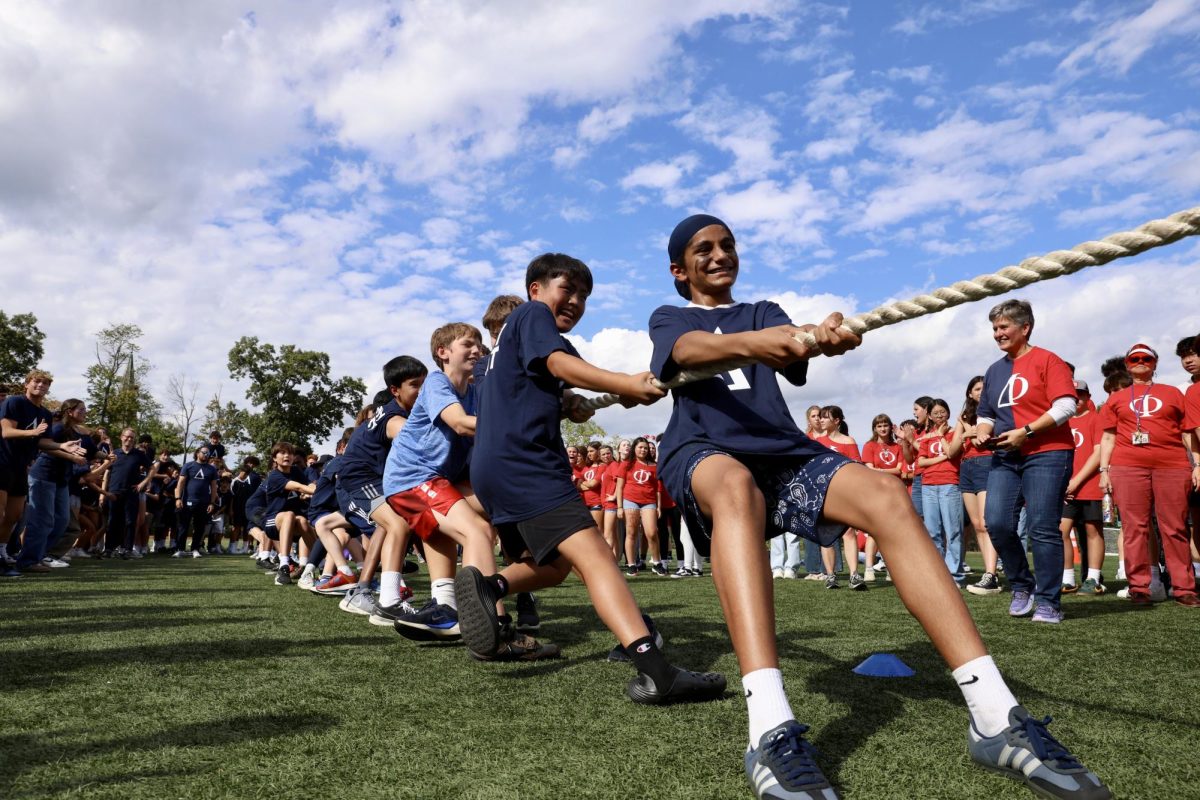Clubs are an integral part of Masters culture. They’re a way for many students to do exactly what our school’s mission statement encourages students “to gather, to learn, to strive, to dare, to do and to be a power for good in the world.”
From Chess Club to Masters Interested in Sharing and Helping (MISH), every club fulfills this key component of the school’s mission. Yet “dead clubs” are infamous here, from Ghost-Hunting club to Trivia club to the Salty Dogs, clubs that were once vibrant and essential to the Masters community are now nonexistent. The reason is simple: funding.
At Masters, clubs are given 100 dollars of funding for the entire year and are expected to make the most of it. This might work for some clubs, but for clubs like BBQ Club or Mock Trials, the money just isn’t enough.
Assistant Director of MISH and Assistant Coordinator of Student Activities/Transportation, Joe DiDonato, said that when a club needs more funding, they can just go to the Dean of Students, Jeff Carnevale, and ask for more. This decision was made by the school to focus clubs on helping others, not themselves. However, 100 dollars isn’t enough for cubs to truly be a power for good in the world. For example if a student wanted to start a medical club and wanted to bring in a speaker to talk about diseases and the methods that are being developed to fight the disease, 100 dollars might be able to cover the fee, but it might not and it certainly not enough money for a club to host a speaker and still do events throughout the year.
So what is the solution to this problem? New clubs should still be able to get their customary 100 dollars, but at the end of the year club leaders should be able to create a budget plan so that they can not only get the funding they need but also learn the importance of budgeting and finances.
In a Forbes article released in 2019, 5 Reasons Personal Finance Should Be Taught In School, a study revealed that “More than half (51%) of millennials feel their level of personal finance knowledge is holding them back from making financial progress, compared with just 43% of Gen Z and 26% of Gen X and older.”
Some might say that giving students greater access to funding will cause them to use their money for trivial things, and not benefit the clubs that they run. However, that problem dissolves with the added implementation that at the end of each academic quarter, clubs would be required to submit receipts and details about what they did with their money that quarter so that administration will know how clubs are spending their money and that will affect how much funding they get the following year.
Here at Masters, we often talk about how open to creating clubs we are, but now it is time to begin to help them thrive. We will allow students to develop life skills that will help them for the rest of their lives.












